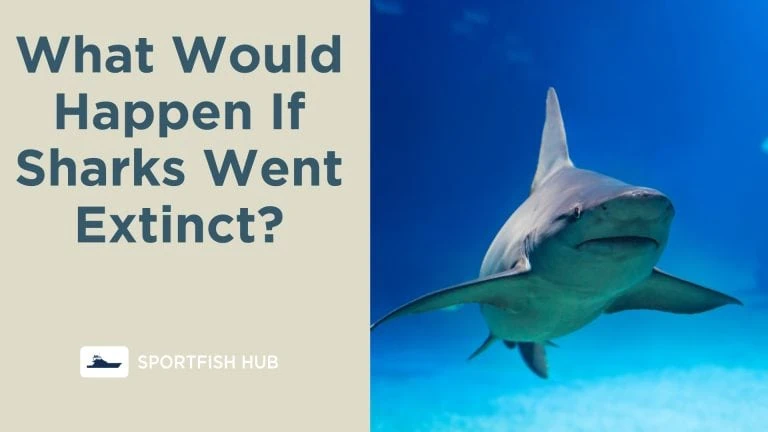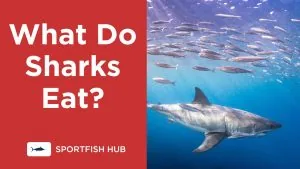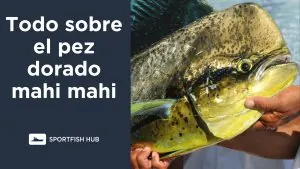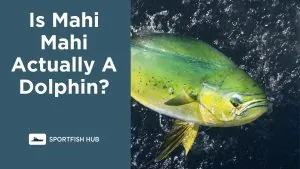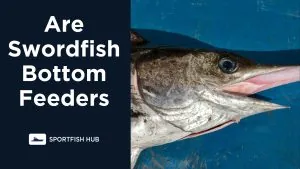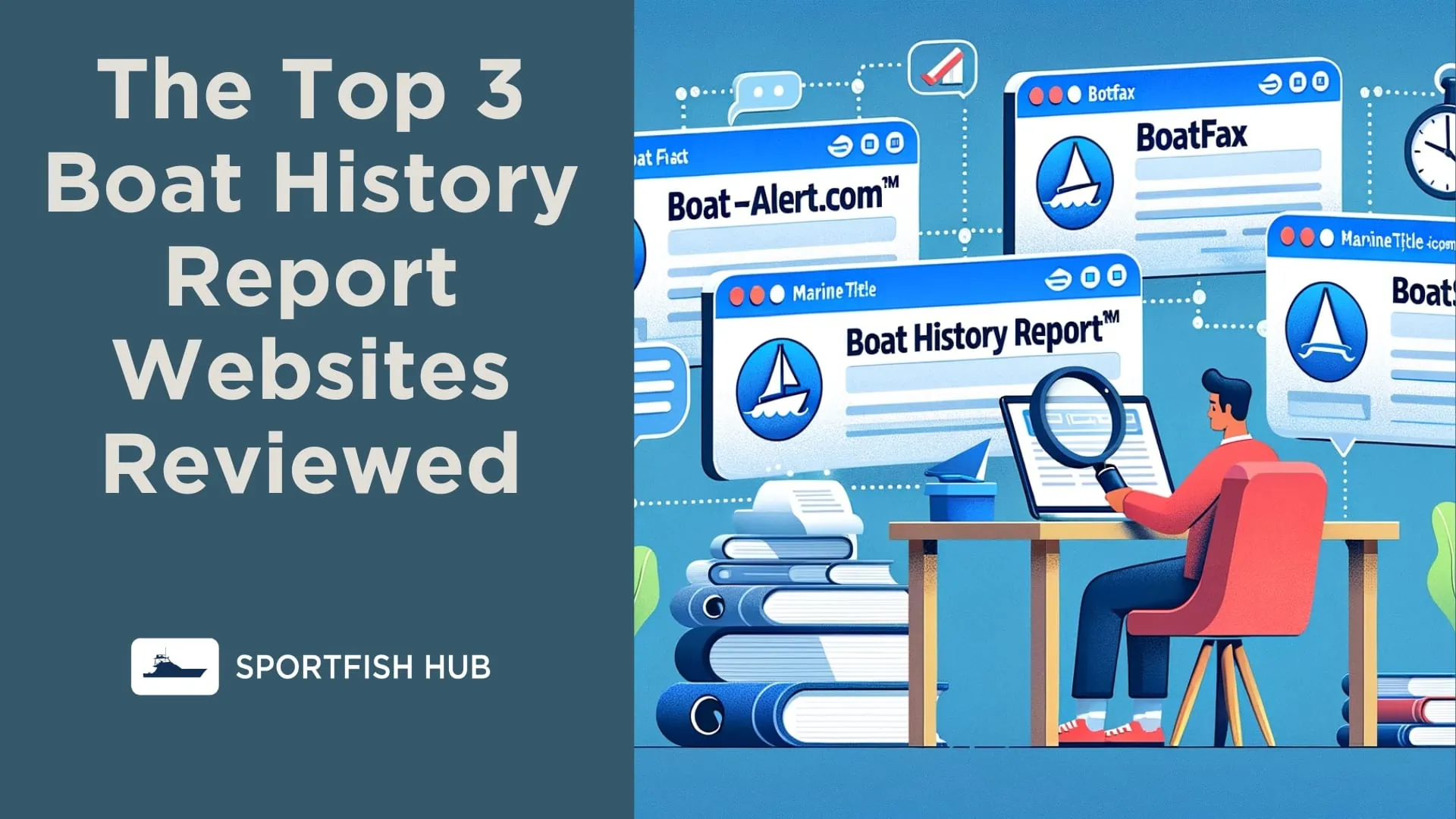Sharks are an essential part of ocean ecosystems, but their populations are declining rapidly. If sharks were to go extinct, it would have disastrous consequences for marine life and humans. Here’s what could happen if sharks disappeared from the oceans:
Table of Contents
- 1. The Food Chain Would Be Disrupted
- 2. Coral Reefs Would Be Damaged
- 3. Seagrass Beds Would Disappear
- 4. Coastal Erosion Would Increase
- 5. Marine Fisheries Would Collapse
- 6. Marine Ecosystems Would Unravel
- 7. Ocean Carbon Storage Would Decline
- 8. Marine Algae and Bacteria Would Dominate
- 9. Marine Tourism Economies Would Crumble
- 10. Human Health Could Decline
- In Summary
1. The Food Chain Would Be Disrupted
- As apex predators, sharks play a crucial role in regulating the populations of other fish, marine mammals, and seabirds. Their absence would cause a trophic cascade of uncontrolled prey growth and depletion of food sources.
- Species like tuna, marlins, seabirds, seals, and sea lions depend on sharks to survive. Their numbers would boom briefly without sharks to prey on them, then experience mass die-offs from starvation as they overpopulate and demolish their food sources.
- With fewer sharks, smaller predators like rays and skates would proliferate. Their increased numbers would decimate shellfish, crustaceans, and other bottom feeders.
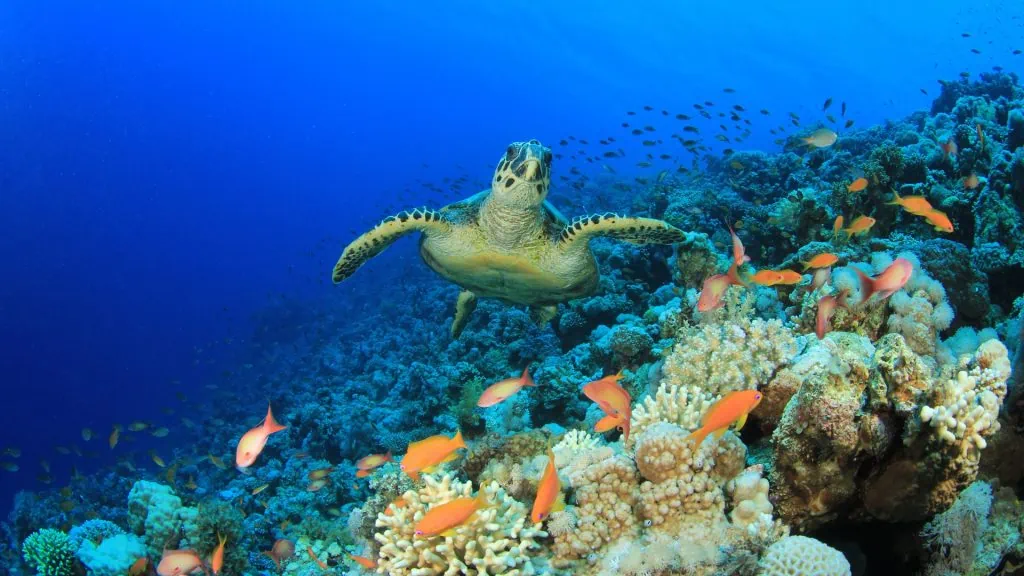
2. Coral Reefs Would Be Damaged
- Sharks control the populations of mid-level predators, preventing them from overfeeding on herbivorous reef fish. Without sharks, these mid-level predators would explode in population.
- Uncontrolled predation on herbivorous fish would allow algae to proliferate, smothering and killing coral reefs. Up to 90% of Caribbean reefs could be lost.
- The loss of coral reefs would devastate tropical marine ecosystems and coastal economies dependent on reef tourism.
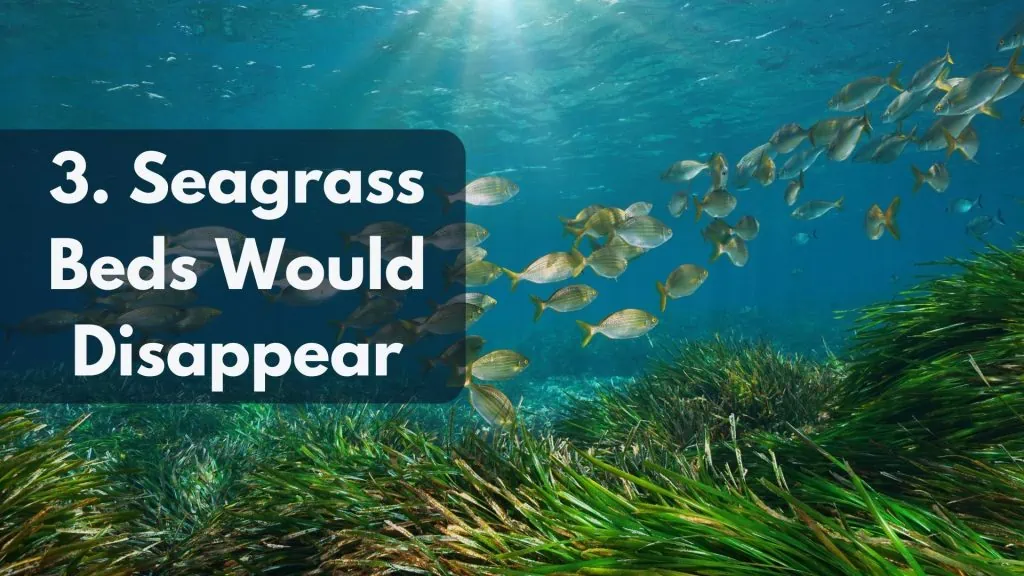
3. Seagrass Beds Would Disappear
- In many regions, sharks prevent green sea turtles and fish like parrotfish from overgrazing on seagrass. Without sharks, seagrass would be rapidly depleted.
- The loss of seagrass beds would negatively impact fisheries, decrease biodiversity, and remove a key carbon sink helping mitigate climate change.
4. Coastal Erosion Would Increase
- Seagrass beds and coral reefs prevent coastal erosion by absorbing wave energy and stabilizing sediment. Their disappearance would expose coastlines to worsening erosion and storms.
- Increased coastal erosion could displace millions of people living along coasts worldwide.
5. Marine Fisheries Would Collapse
- Sharks directly and indirectly support healthy populations of commercially valuable fish species like tuna, salmon, halibut, and cod.
- Removing sharks from the ecosystem would likely cause the collapse of many fisheries vital for global food security. Hundreds of thousands of jobs would be lost.
6. Marine Ecosystems Would Unravel
- The combined loss of apex predators like sharks and critical habitats like coral reefs and seagrass would have complex and devastating domino effects throughout the oceans.
- Entire marine ecosystems and food webs would unravel, potentially leading to the extinction of thousands more marine species.
7. Ocean Carbon Storage Would Decline
- Coral reefs, seagrass, and healthy marine life play a major role in sequestering atmospheric carbon dioxide through the oceans. Their loss would significantly reduce the ocean’s capacity to absorb CO2.
- More CO2 in the atmosphere would accelerate climate change and ocean acidification, creating a feedback loop of marine ecosystem collapse.
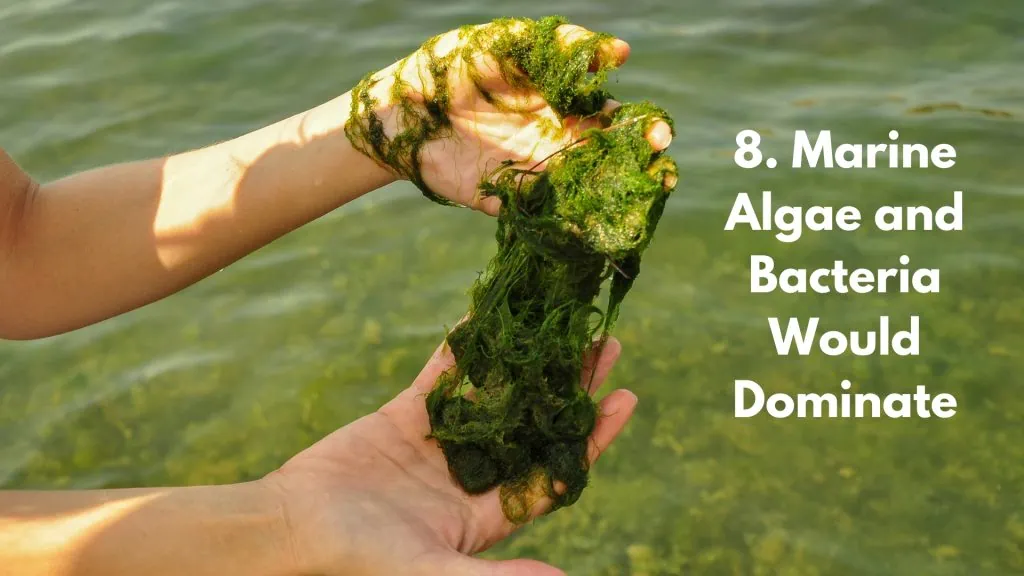
8. Marine Algae and Bacteria Would Dominate
- With predators and grazers removed from the system, fast-growing algae, bacteria, and jellyfish would take over devastated marine environments.
- Toxic algal blooms would proliferate, suffocating marine life and poisoning seafood supplies. Jellyfish swarms would collapse fisheries. overall biodiversity would crash.
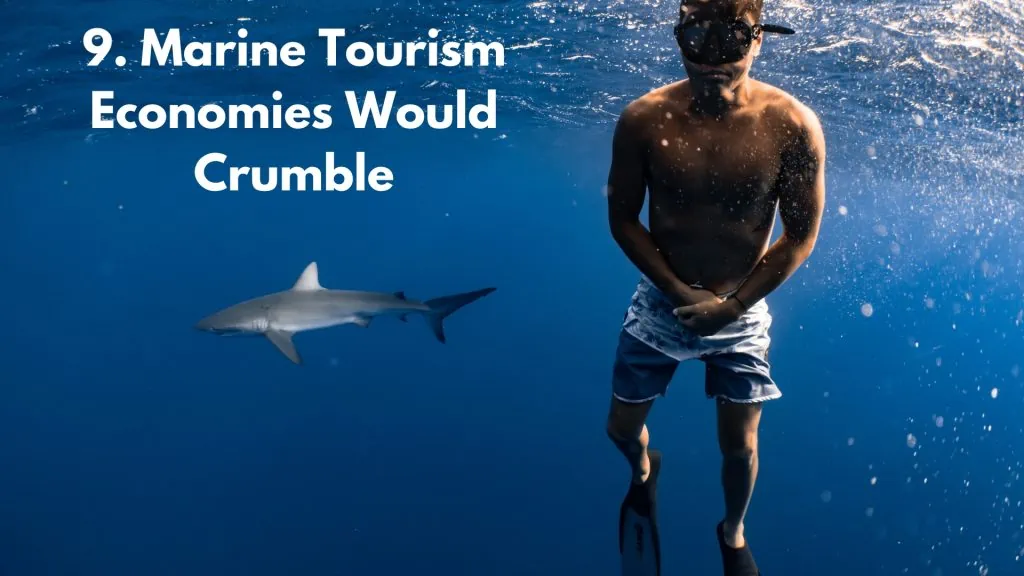
9. Marine Tourism Economies Would Crumble
- Popular shark-diving destinations would see crashing tourism revenues, such as an estimated $800 million annual loss in the Bahamas alone.
- Coastal communities worldwide would suffer without revenues from coral reef tourism, sport fishing, and other coastal recreational activities.
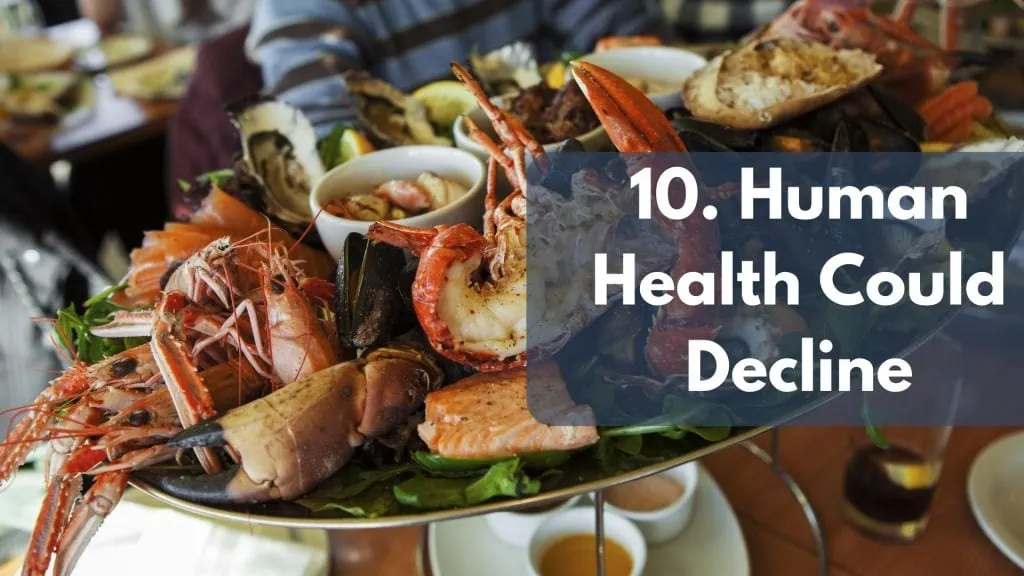
10. Human Health Could Decline
- Toxic algal blooms and reduced seafood quality and quantity could directly impact human health. Loss of overall ocean productivity could impact atmospheric oxygen levels.
- Diminished livelihoods and displaced coastal populations would experience worsened nutrition, health, and economic outcomes.
In Summary
Sharks play an essential role in maintaining balanced ocean ecosystems and productive fisheries. Their extinction would trigger ecological collapses and economic crises around the world. Urgent conservation action is needed to prevent losing sharks and destabilizing ocean systems on which billions of humans depend.

